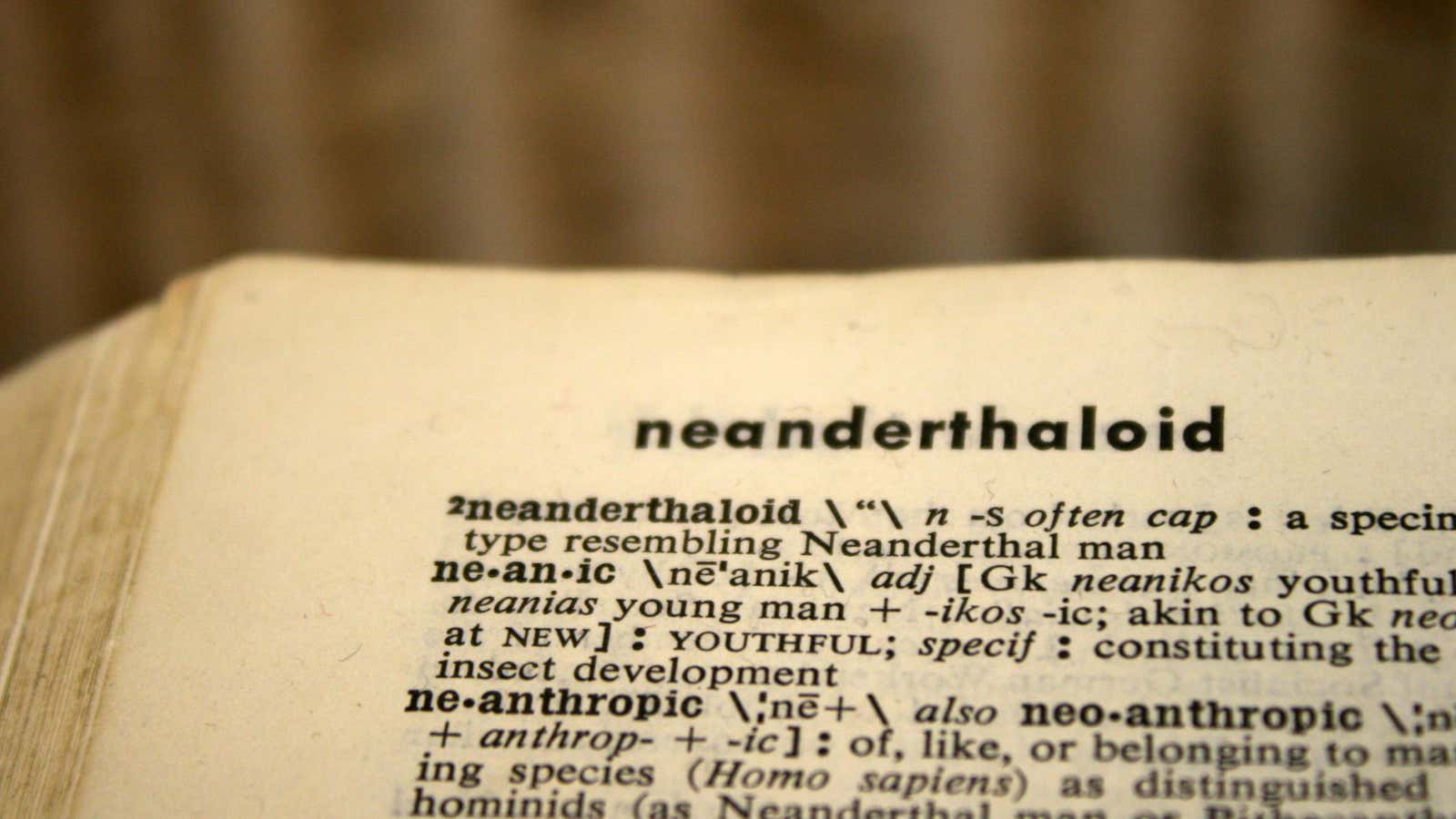The third night of the Republican National Convention, during which Donald Trump formally accepted the Republican nomination, revealed a lot about the American people, chiefly that more of them should take a civics lesson.
In the 24 hours after The Donald made his acceptance speech, political words that include demagogue, dystopia, nationalism, and—eep—democracy, were among the most popular searches on Merriam-Webster’s website and app.
“People come to the dictionary for many reasons,” says Peter Sokolowski, a lexicographer for Merriam-Webster. “But if a lot of people come at the same time, we can start to tell a story.”
This week, that story seemed to be, “How do politics work exactly?” While the words socialism and capitalism have been consistently popular searches since 2012, Sokolowski says the word fascism has also “raised quickly during this election cycle.”
Also popular this week: the word plagiarism, which spiked in the wake of Melania Trump’s speech at the Republican National Convention. Parts of the speech were later found to be quite similar to a 2008 speech by Michelle Obama.
As of Friday afternoon (July 22), here are Merriam Webster’s most popular words*:
- disenfranchise
- fascism
- mature
- demagogue
- et al
- bigot
- serendipity
- dystopia
- jibe
- racism
*Some words, including disenfranchise, were featured as Merriam-Webster’s word of the day
“You can see how we’re processing the news of the week,” says Sokolowski. “These searches do not usually indicate ignorance, they indicate interest.” Let’s hope so.
